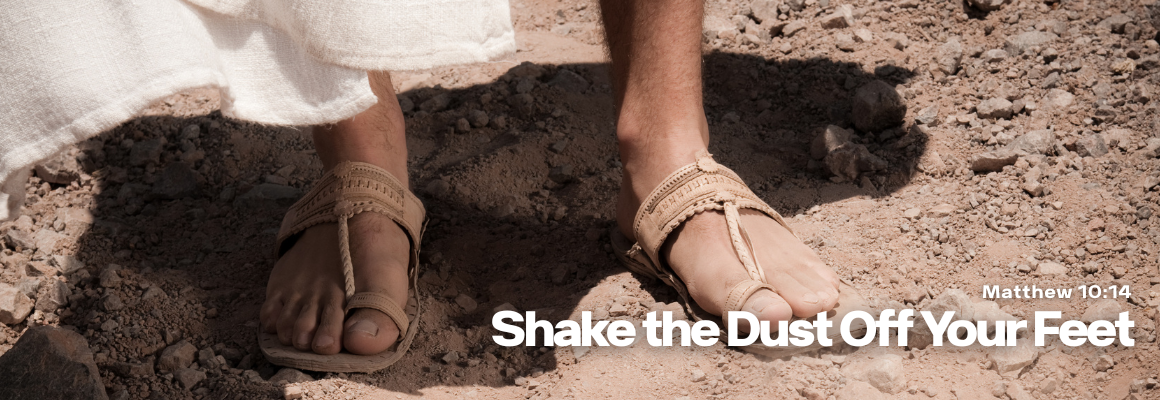In the Parable of the Shrewd Manager, a rich man informs his manager that he will be fired for mismanaging his master’s resources (see Luke 16:1-15). The steward makes a bold move to provide for himself once he’s unemployed. He cuts some incredible quid pro quo deals with the top debtors. If they helped him, he would immediately reduce their debt. When the master learns what his clever servant has done, you would think he would be in hot water for cheating his master. Instead, the master commends him for his shrewdness. Jesus does not want us to emulate the servant’s unscrupulous business dealings, but his wise use of worldly wealth to provide for his future.
Worldly Resources
John Wesley approached money with three principles, “Having first, gained all you can, and secondly saved all you can, then give all you can.” As a fundraiser you can influence believers to make good stewardship decisions. Your donors are in various stages of their Christian walk. Some view their resources in light of eternity, but many struggle with “the deceitfulness of wealth and the desires for other things” (Mark 4:19). Having money is not a sin. Using it selfishly is.
Make Friends
Jesus challenges believers to, “use your worldly resources to benefit others and make friends” (Luke 16:9 NLT). Whom are these friends? Matthew 25:35-36 explains, “For I was hungry and you gave me something to eat, I was thirsty and you gave me something to drink, I was a stranger and you invited me in, I needed clothes and you clothed me, I was sick and you looked after me, I was in prison and you came to visit me.” Introduce your donors to these friends—the hungry, thirsty, naked, sick, strangers, and prisoners. Their gifts will introduce these friends to the true Friend.
Eternal Home
Heaven will be a welcome home party for your donors. Ray Boltz captures this theme in his song Thank You, “A missionary came to your church—And his pictures made you cry—You didn’t have much money—But you gave it anyway—Jesus took the gift you gave—And that’s why I’m here today—Thank you for giving to the Lord—I am a life that was changed.” You must help your donors understand the eternal impact of their generosity.
Love Money
The Pharisees who heard this parable sneered at Jesus because they loved money (see Luke 16:14-15). Jesus emphasized this truth, “No one can serve two masters. Either you will hate the one and love the other, or you will be devoted to the one and despise the other. You cannot serve both God and money” (Luke 16:13). Unfortunately, some of your donors are serving the wrong master. You can help them.
Think About This: One day your donors will receive rewards for laying up their treasures in Heaven. Some might thank you for asking them to support your ministry. Some may even ask you, “Why didn’t you ask me for more?”
Response: Father, help me encourage my donors to become shrewd donors who give generously.














